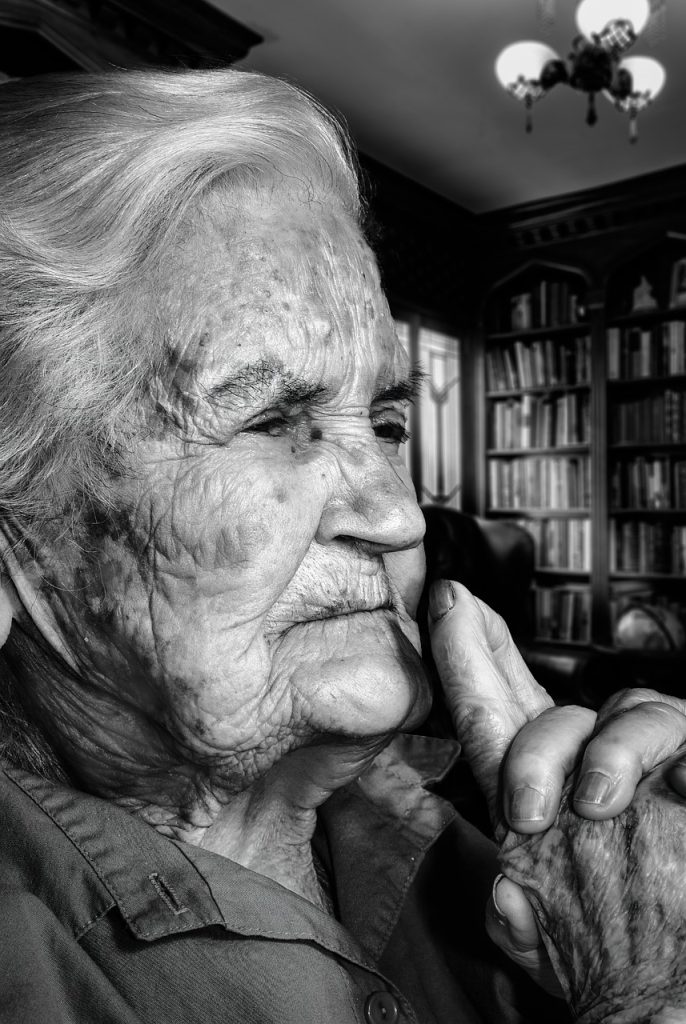
Introduction
In a world where life expectancy is constantly on the rise, centenarians have become a source of fascination for many. These remarkable individuals have not only defied the odds by reaching the age of 100 and beyond, but they often live healthy and fulfilling lives. As an online fitness coach, understanding the secrets of centenarians can provide invaluable insights into longevity, nutrition, and physical activity. In this blog post, I’ll delve into the lives of centenarians, exploring the types of foods they eat, their geographic origins, and the exercise and activities that contribute to their remarkable longevity.
Centenarians Around the World
Centenarians can be found in various parts of the world, and the study of their lifestyles and habits has led to some intriguing findings. Certain regions, often referred to as “Blue Zones,” are known for their high concentration of centenarians. These areas include Okinawa, Japan; Sardinia, Italy; Nicoya Peninsula, Costa Rica; Ikaria, Greece; and Loma Linda, California. Each of these regions has its unique cultural and lifestyle factors contributing to the longevity of its inhabitants.
Dietary Habits of Centenarians
Plant-Centric Diets: Centenarians, regardless of their geographical location, tend to follow diets that are primarily plant-based. These diets are rich in fruits, vegetables, legumes, and whole grains, providing essential vitamins, minerals, and antioxidants that support overall health.
Minimal Processed Foods: Processed foods are largely absent from the centenarian diet. They opt for natural, unprocessed ingredients, avoiding preservatives, artificial additives, and excess sugar and salt.
Healthy Fats: Good fats, such as those found in olive oil, avocados, and nuts, are a staple in their diets. These fats help maintain heart health and provide necessary nutrients for the body.
Lean Protein: Centenarians typically consume lean sources of protein, such as fish, beans, and legumes. Protein is vital for maintaining muscle mass and overall vitality.
Portion Control: Centenarians are known for their moderation in food consumption. They often practice portion control, which helps them maintain a healthy weight and avoid overeating.
Physical Activity and Lifestyle
Daily Movement: Centenarians lead active lives. They engage in daily activities like gardening, walking, and traditional tasks that require physical effort. This consistent movement helps them stay agile and maintain muscle strength.
Social Connections: Strong social ties and close-knit communities are common among centenarians. These connections provide emotional support and reduce stress, contributing to a longer and healthier life.
Stress Reduction: Centenarians often practice stress-reduction techniques like meditation or spending time in nature. Lower stress levels can have a profound impact on overall well-being.
Purposeful Living: Having a sense of purpose or a reason to get out of bed in the morning has been linked to longevity. Many centenarians continue to pursue hobbies and passions well into their golden years.
Genetics and Beyond
While genetics do play a role in longevity, it’s not the sole determining factor. Lifestyle choices, particularly diet and exercise, can significantly influence how your genes express themselves. By adopting some of the practices of centenarians, you can increase your chances of living a longer and healthier life.
Conclusion
Centenarians are living testaments to the power of a balanced lifestyle, nutritious diet, and regular physical activity. You can draw inspiration from their habits to guide you on your own journey toward health and longevity. By focusing on eating lots of veggies and fruit, daily movement, stress management, and meaningful social connections, you can live a longer, more vibrant life. Remember, it’s never too late to start embracing these practices and improving your overall well-being.